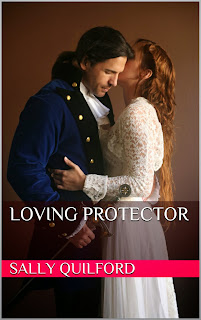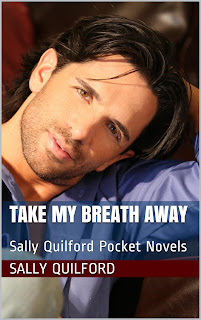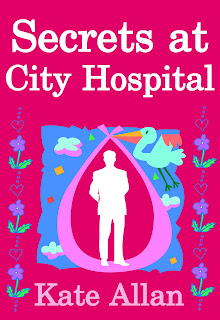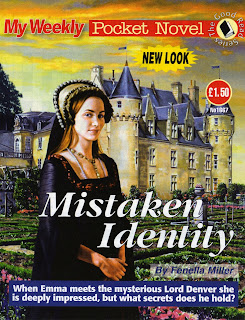We (Mary and Ruth) are very pleased to welcome Patsy Collins as a guest on the pocketeers blog. As many of you will already know, Patsy is a prolific short story writer and novelist. In the following she tells us what she means by write what you know.
'Write what you know' is a common piece of writing advice. As with all such rules we'll be tempted to break it from time to time. I feel that would be a mistake. Yes, even if you're writing science fiction. I suppose I'd better explain …
We know things in different ways. First there are the things we've always known. These tend to be overlooked when we think about writing. Our lives are normal for us. I for example was brought up on a farm. There's no point writing about milking the cows, or how you get one in calf if you don't happen to own a bull, or what it's like to see a calf born because everyone knows that stuff. Except they don't. (If you'd like to find out, the details are all in my romance Escape to the Country.)
Maybe your current home, job, family, hobby, neighbourhood or even neighbours could provide a basis for your story. My novel Paint Me a Picture is set in and around Portsmouth
Our writing needn't be limited to what we already know. We can use things other people know. For example Luigi, the gorgeous Italian restaurant owner in A Year and a Day, flirts in Italian. I spent a year in Italy
Finally there are the things nobody knows, because they've not happened yet, or aren't real. Whether we're writing about vampires, or ghosts, or little green men we still need to know everything about them. We know it by creating them and their world as though it were real. There has to be logic. For example, if your ghost can walk through walls you must know they can do that and therefore can't be trapped in a locked room.
So, always write what you know, even if you have to research or create the knowledge first.
You can draw your own conclusions about how I gained the knowledge to write the stories in this FREE collection.
Patsy's books are available from Amazon and her BlogSpot is full of useful and interesting information.






























